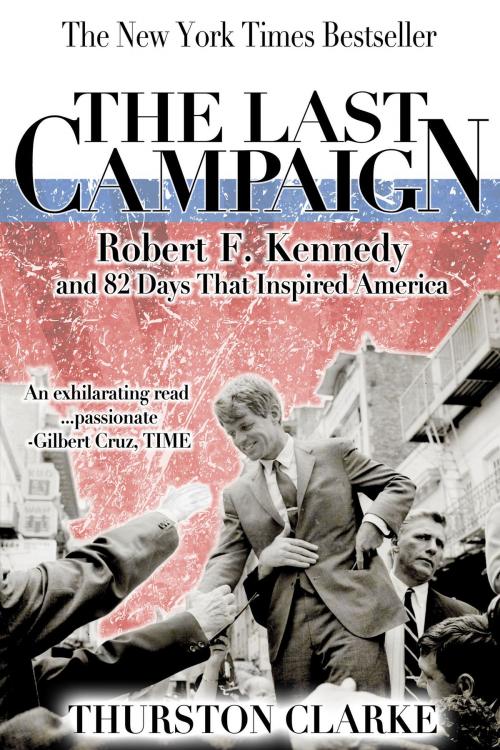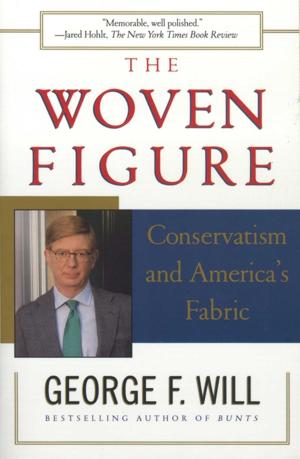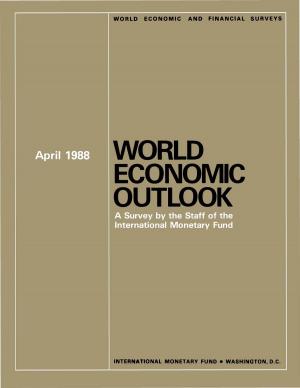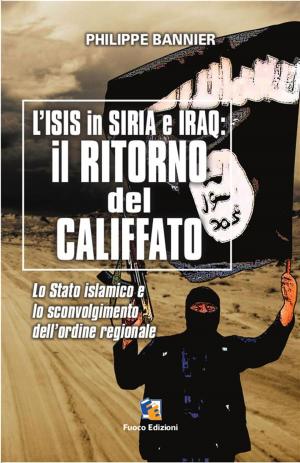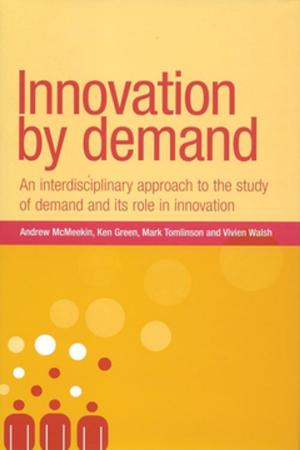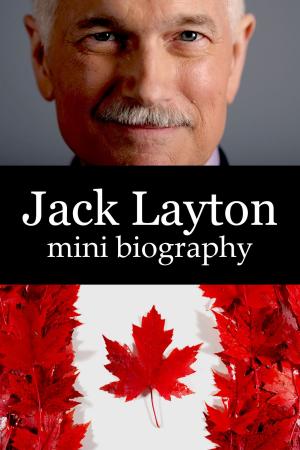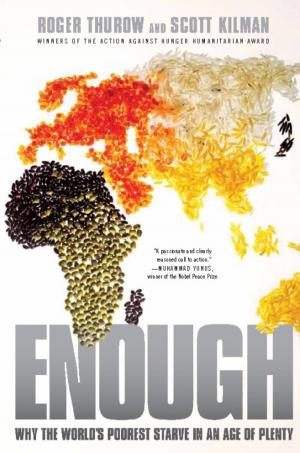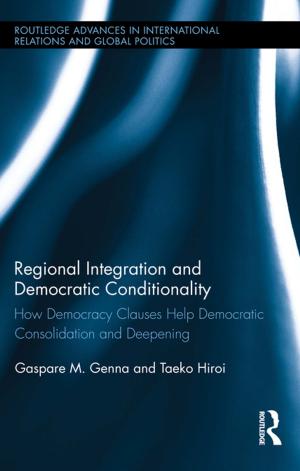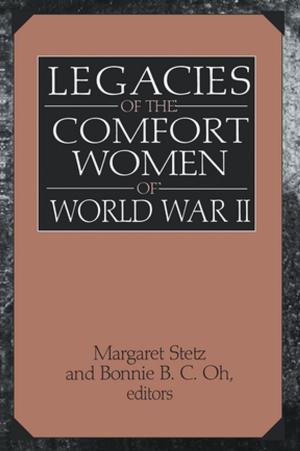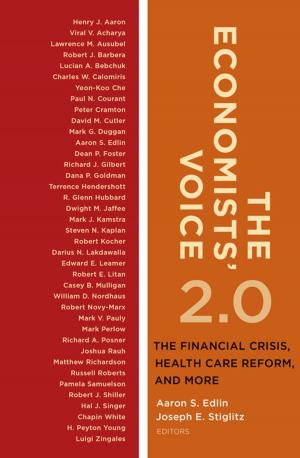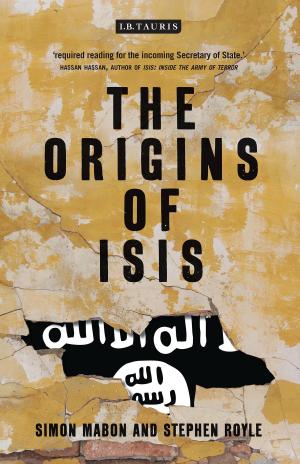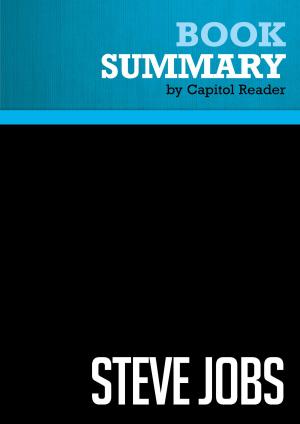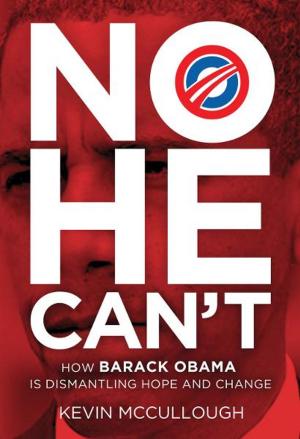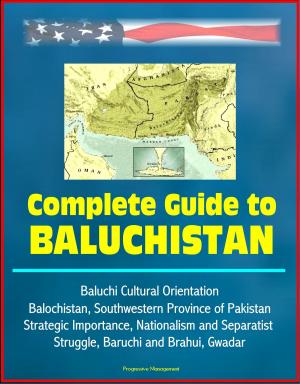The Last Campaign: Robert F. Kennedy and 82 Days That Inspired America
Biography & Memoir, Political| Author: | Thurston Clarke | ISBN: | 9781301101405 |
| Publisher: | Thurston Clarke | Publication: | April 17, 2013 |
| Imprint: | Smashwords Edition | Language: | English |
| Author: | Thurston Clarke |
| ISBN: | 9781301101405 |
| Publisher: | Thurston Clarke |
| Publication: | April 17, 2013 |
| Imprint: | Smashwords Edition |
| Language: | English |
After John Kennedy's assassination, Robert - formerly his brother's no-holds-barred political warrior - was left stunned and grieving. He was haunted by his brother's murder and by the nation's failure to address its most pressing challenges - race, poverty, and the war in Vietnam. He sensed that America was wounded, and when he announced that he was running for president, much of the country was thrilled to hear his message of healing and hope. Although fearing that there were, as he told one confidant, "guns between me and the White House," he risked his life to ask Americans to help him reclaim "the generous impulses that are the soul of this nation."
As Thurston Clarke recounts so effectively in The Last Campaign, Kennedy stirred huge crowds, who would often tear his clothes, and moved even the most hard-bitten of journalists and other intimate observers. He challenged his audiences: telling college students he would end the draft deferments that left poor and minority youths to fight in Vietnam and telling whites that they bore responsibility for black frustration and rage. His soft-spoken speech to a largely black audience in Indianapolis on the night of Martin Luther King Jr.'s assassination was a stunning and effective call for peace in American that can still give the reader chills. After spending most of the campaign at Kennedy's side, reporter Richard Harwood, a former marine who had initially been suspicious of Kennedy, asked his editors at the Washington Post to replace him, telling them, "I'm falling in love with the guy."
Four days after Robert Kennedy was assassinated, two million grieving Americans - weeping, waving flags, saluting, and kneeling in prayer - lined the tracks to watch his funeral train carry his body from New York to Washington. One of the reporters on this train, Sylvia Wright of Life magazine, saw a bridal party standing in the tall grass of a Delaware meadow. As the car carrying Kennedy's casket passed, the party tossed their bouquets against its side, causing Wright to ask herself, "What did he have that he could do this to people?"
This question has become the silent refrain, present in most of what has been written or said since about this remarkable man. In The Last Campaign, this revelatory history that is especially resonant now, Thurston Clarke answers it.
After John Kennedy's assassination, Robert - formerly his brother's no-holds-barred political warrior - was left stunned and grieving. He was haunted by his brother's murder and by the nation's failure to address its most pressing challenges - race, poverty, and the war in Vietnam. He sensed that America was wounded, and when he announced that he was running for president, much of the country was thrilled to hear his message of healing and hope. Although fearing that there were, as he told one confidant, "guns between me and the White House," he risked his life to ask Americans to help him reclaim "the generous impulses that are the soul of this nation."
As Thurston Clarke recounts so effectively in The Last Campaign, Kennedy stirred huge crowds, who would often tear his clothes, and moved even the most hard-bitten of journalists and other intimate observers. He challenged his audiences: telling college students he would end the draft deferments that left poor and minority youths to fight in Vietnam and telling whites that they bore responsibility for black frustration and rage. His soft-spoken speech to a largely black audience in Indianapolis on the night of Martin Luther King Jr.'s assassination was a stunning and effective call for peace in American that can still give the reader chills. After spending most of the campaign at Kennedy's side, reporter Richard Harwood, a former marine who had initially been suspicious of Kennedy, asked his editors at the Washington Post to replace him, telling them, "I'm falling in love with the guy."
Four days after Robert Kennedy was assassinated, two million grieving Americans - weeping, waving flags, saluting, and kneeling in prayer - lined the tracks to watch his funeral train carry his body from New York to Washington. One of the reporters on this train, Sylvia Wright of Life magazine, saw a bridal party standing in the tall grass of a Delaware meadow. As the car carrying Kennedy's casket passed, the party tossed their bouquets against its side, causing Wright to ask herself, "What did he have that he could do this to people?"
This question has become the silent refrain, present in most of what has been written or said since about this remarkable man. In The Last Campaign, this revelatory history that is especially resonant now, Thurston Clarke answers it.
